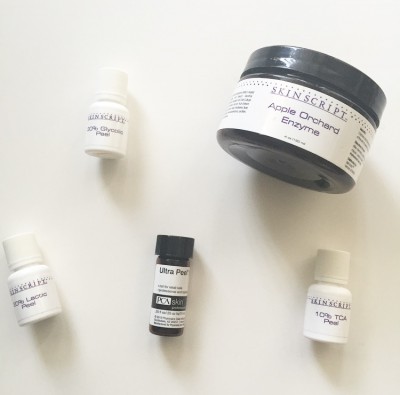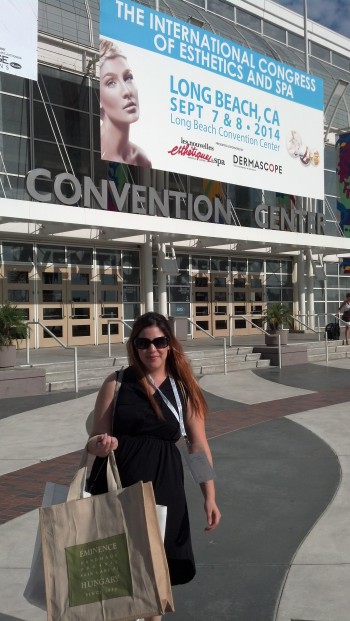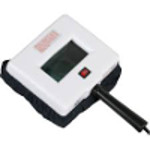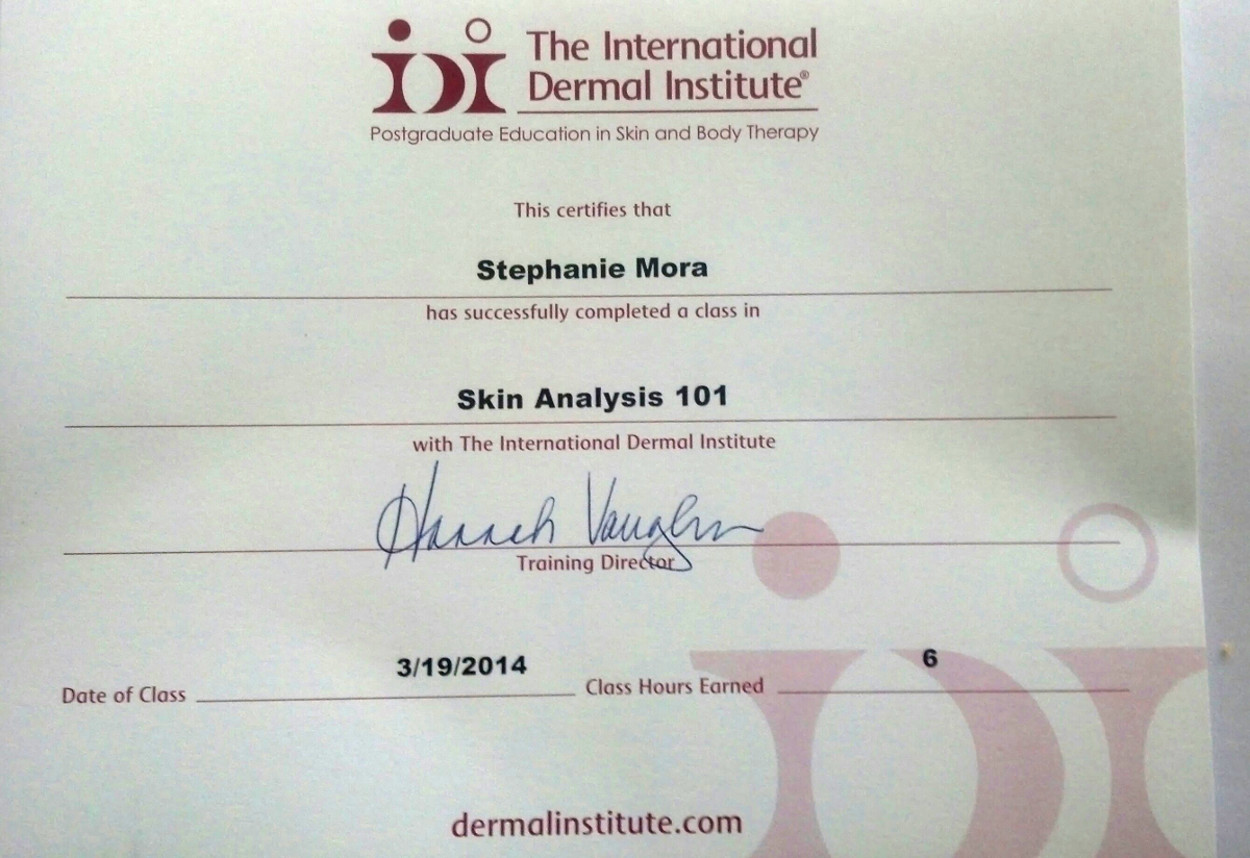When you hear the word chemical peel, usually what springs to mind are horrifying images of red blotchy, blistered, maybe even bloody, skin. However, not all peels are created equal. Enzyme peels can offer a more gentle form of exfoliation while a TCA peel can penetrate into the deeper layers of skin.
Here’s an overview on what you need to know about chemical peels.
Chemical Peels Defined
A chemical peel is an accelerated form of exfoliation that involves an injury of a specific skin-depth. It involves a process of removing excess accumulations of dead skin cells from the skin through acids, retinoids or enzymes.
Types of Chemical Peels
- Very superficial/superficial- performed by estheticians and used for fine wrinkles, sun damage, acne and some cases of rosacea
- Medium Depth- performed by doctors or estheticians under medical supervision and used for more obvious wrinkles, sun damage and precancerous lesions like actinic keratosis
- Deep- performed only be a pysician, this peel is used for severe wrinking and sun damage and healing can take several weeks
Benefits of Chemical Peels
- Improves texture of the skin- looks and feels smoother
- Reduced fine lines and wrinkles
- Can potentially stimulate collagen and elastin production
- Can improve skin conditions such as acne, acne scars, hyperpigmentation, sun damaged and dry skin
- Increased moisture retention
Contraindications for a Chemical Peel
Although a chemical peel is a great treatment, not everyone is a candidate for them. Being honest with your esthetician or medical professional will significantly reduce adverse reactions. The following list details some reasons that can contraindicate a chemical peel treatment:
- Recent cosmetic surgeries, waxing, laser resurfacing, other chemical peels or dermabrasion
- Recent fillers or Botox
- Use of Retina-A, retinol, Accutane (Isotretinoin), or other medications that exfoliate or thin the skin
- Allergies to the ingredients/aspirins
- Pregnancy
- Herpes simplex
- Infectious diseases
- Open sores or lesions
- Sunburned or irritated skin
- Medications that make the skin sensitive to the sun
Post Chemical Peel Care
Once your procedure is completed, follow your esthetician’s or medical professional’s advice on how to care for your skin. Key points to remember are:
- Avoid direct sunlight for 48 hours and wear SPF as your skin will be extra sensitive to the sun. Physical sunscreen is best for sensitive skin.
- Stay cool and avoid hot tubs, saunas, steam rooms, hair dryers or any activity that can generate heat for about 2 days as heat can cause hyperpigmentation.
- Whether you peel or not doesn’t determine if the peel “worked”.
- Do not pick or pull on loosening or peeling skin. You can lightly exfoliate with a dry towel if flaking occurs.
- Do not wax for 72 hours after a treatment or immediately before.
- Use gentle products for a few days after the treatment and avoid anything with active ingredients such as retinol.
Before you opt to receive a chemical peel, consult with your esthetician or medical professional to discuss your goals and concerns see what options are right for you. Also, be mindful of the fact that it may take more than one treatment to see results so make sure that you are financially prepared.
I hope this post was helpful and if you have any other questions, let me know!
Have you ever received a chemical peel? What was your experience like?
Stephanie













